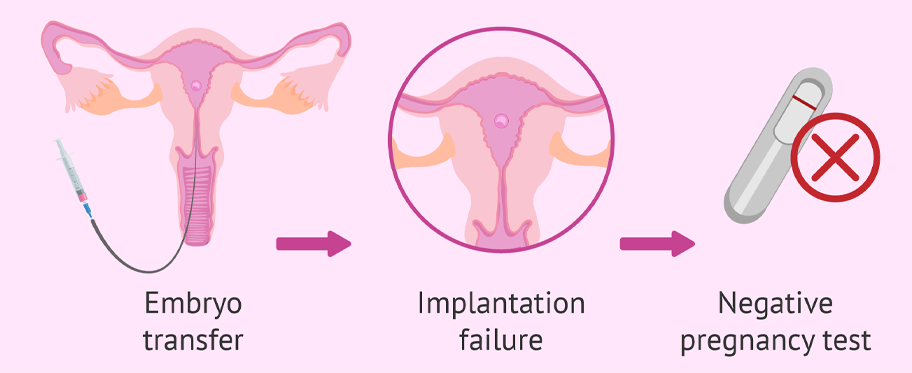Implantation Failure
In vitro fertilization is the answer to the dreams of many couples who otherwise would not be able to conceive a child. For patients experiencing recurrent IVF implantation failure, the devastation is real; it is also challenging for their doctors. There are tests available to determine the cause of these failures and treatments which may increase the chance of achieving a successful pregnancy.
WHY IVF IMPLANTATION SOMETIMES FAILS
There is no treatment for infertility that is 100% effective in every case. Still, when you are trying to conceive and are faced with no results time after time, it is heartbreaking. There are many reasons why an IVF implantation may fail. Some factors leading to IVF failure are:
- genetic competency of the embryo/s
- age of one or both parents
- uterine abnormalities
- chronic infection or inflammation of the fallopian tubes
- infection or inflammation of the uterine lining
- hormone abnormalities
- obesity
- environmental toxins (tobacco, alcohol and drug use)
- abnormal oocytes
It is important that repeated IVF implantation failure be evaluated by a knowledgeable doctor in order to determine the cause. Once the cause is identified, the doctor can develop a proper treatment plan.



Comments
Post a Comment